What is self-advocacy and why is it essential for our children? Self-advocacy is the ability to communicate what you need. Being able to advocate for your needs creates a sense of independence and empowerment. Our children need to know how to advocate for themselves in the classroom, especially if they have learning differences which require understanding from their teachers.
There are three essential elements to effective self-advocacy and these are:
· Understanding what you need
· Being aware of what will help you achieve your goals
· Being able to communicate these needs to others
Self-advocacy for children can be tricky but as adults we can model good self-advocacy skills, ensure our children understand that we all have strengths and challenges, ensure they understand that asking for help is not a weakness and include our children in decision making that directly impacts on them. For example, if you are invited to a meeting at school to discuss your child’s IEP, it may be helpful to have your child attend the meeting so they can discuss the strategies that work well for them in the classroom. (Please see my blog on IEP’s for more information on this topic).
A child with dyslexia needs to understand how their dyslexia may affect their learning, what has worked for them in the past to enable them to fully participate in literacy activities in their classroom and how they can communicate these needs to the educators that work with them.
There are many great books for both children and adults to help our understanding of learning differences. Understanding a learning difference can not only help build knowledge, but also confidence and self-esteem. This in turn leads to the ability to advocate for themselves.
Here’s a list of books which may be of interest:
Wild Things by Sally Rippin (for parents/carers)
Overcoming Dyslexia by Sally Shaywitz (for parents/carers)
The dyslexia empowerment plan by Ben Foss (for parents/carers)
Wonderfully Wired Brains by Louise Gooding
Aaron Slater, Illustrator by Andrea Beaty
Can I tell you about Dyslexia? By Alan Hultquist
The Alphabet War by Diane Burton Robb
Tom’s Special Talent by Kate Gaynor
Dyslexic Legends Alphabet Book by Alphabet Legends
Some Brains: A book about celebrating neurodiversity by Nelly Thomas
It’s called Dyslexia by Moore-Mallinos & Roca
Fish in a Tree by Lynda Mullally Hunt
Brilliant Minds by Shannon Meyerkort
All the ways to be smart by Davina Bell
Please note that while I love most of what is in many of these books, the information contained in some of them may or may not be relevant or evidence-based. Please do your own investigation into the books that may be appropriate for your circumstances.
Building self-esteem is a huge part of being able to advocate for oneself. As outlined in her book Overcoming Dyslexia, Sally Shaywitz details just how important it is for your child to understand the nature of their reading problems. Understanding how they work best and why they are experiencing reading difficulties enables a child to be more self-aware and have a positive mindset about their learning. This in turn brings about the ability to advocate for themselves, building self-esteem and empowerment.
In my experience, the knowledge that their reading challenges have a name (dyslexia) and that it has nothing to do with a lack of intelligence, in fact quite the opposite, helps children become more informed about their difficulties, removes the worry that they cannot read because they are not smart, and empowers them to seek the help they need. Understanding that some of the brightest, most successful people in the world also have dyslexia reduces the stigma and provides hope. Having dyslexia does not stop anyone from pursuing their dreams. We need to empower our children to pursue their interests and provide them with the information and skills to be able to advocate for what they need to achieve this.
